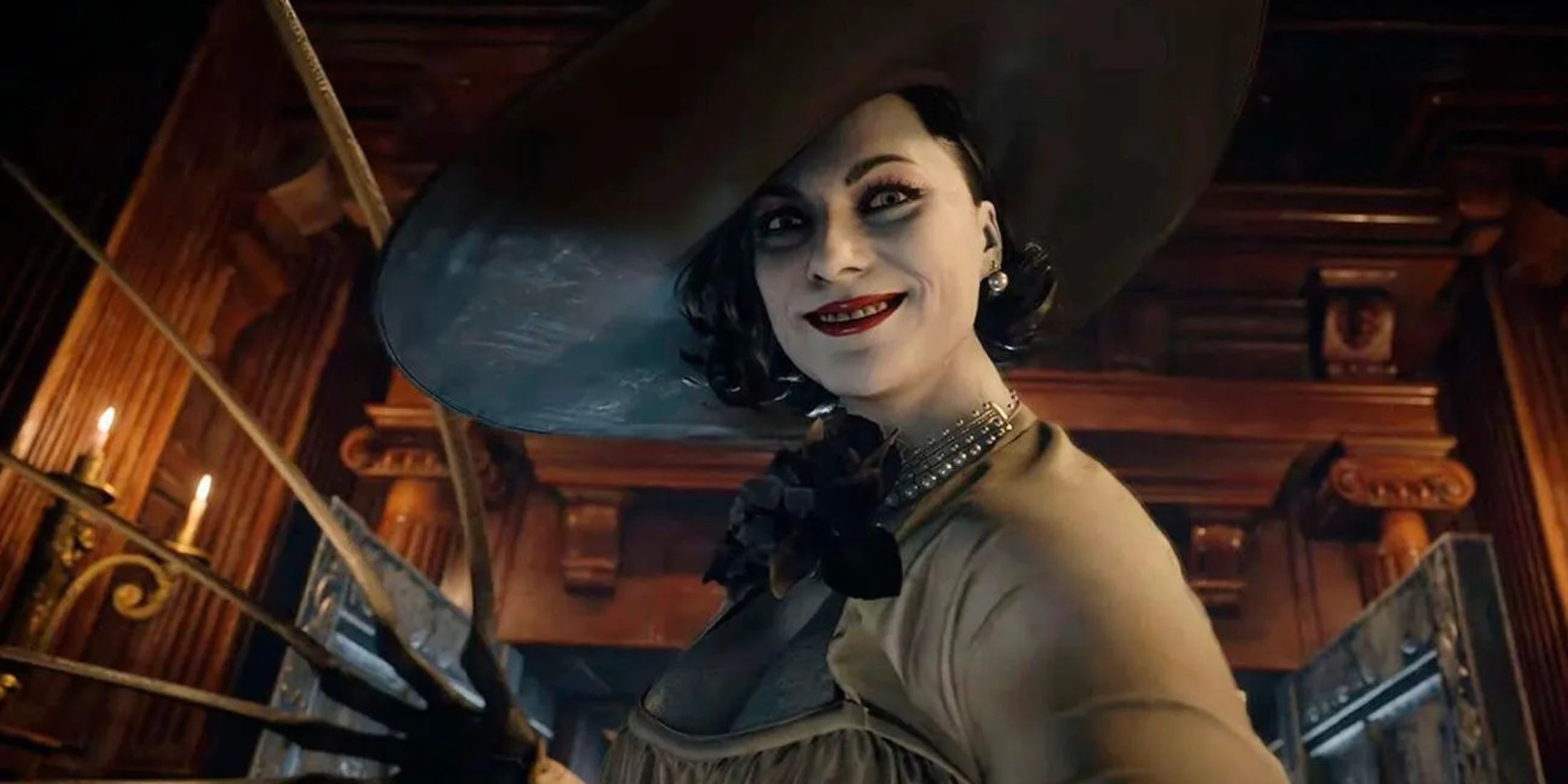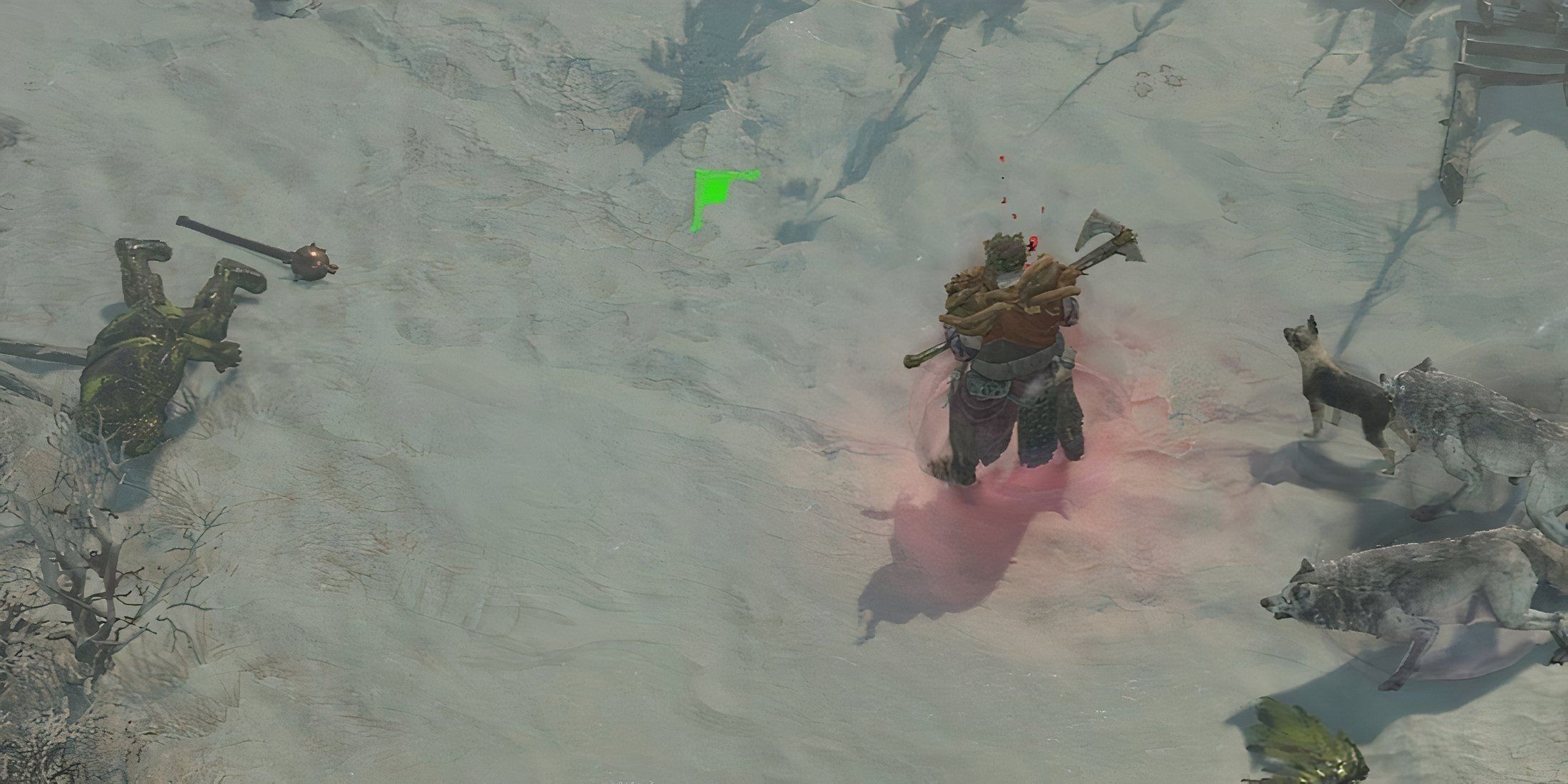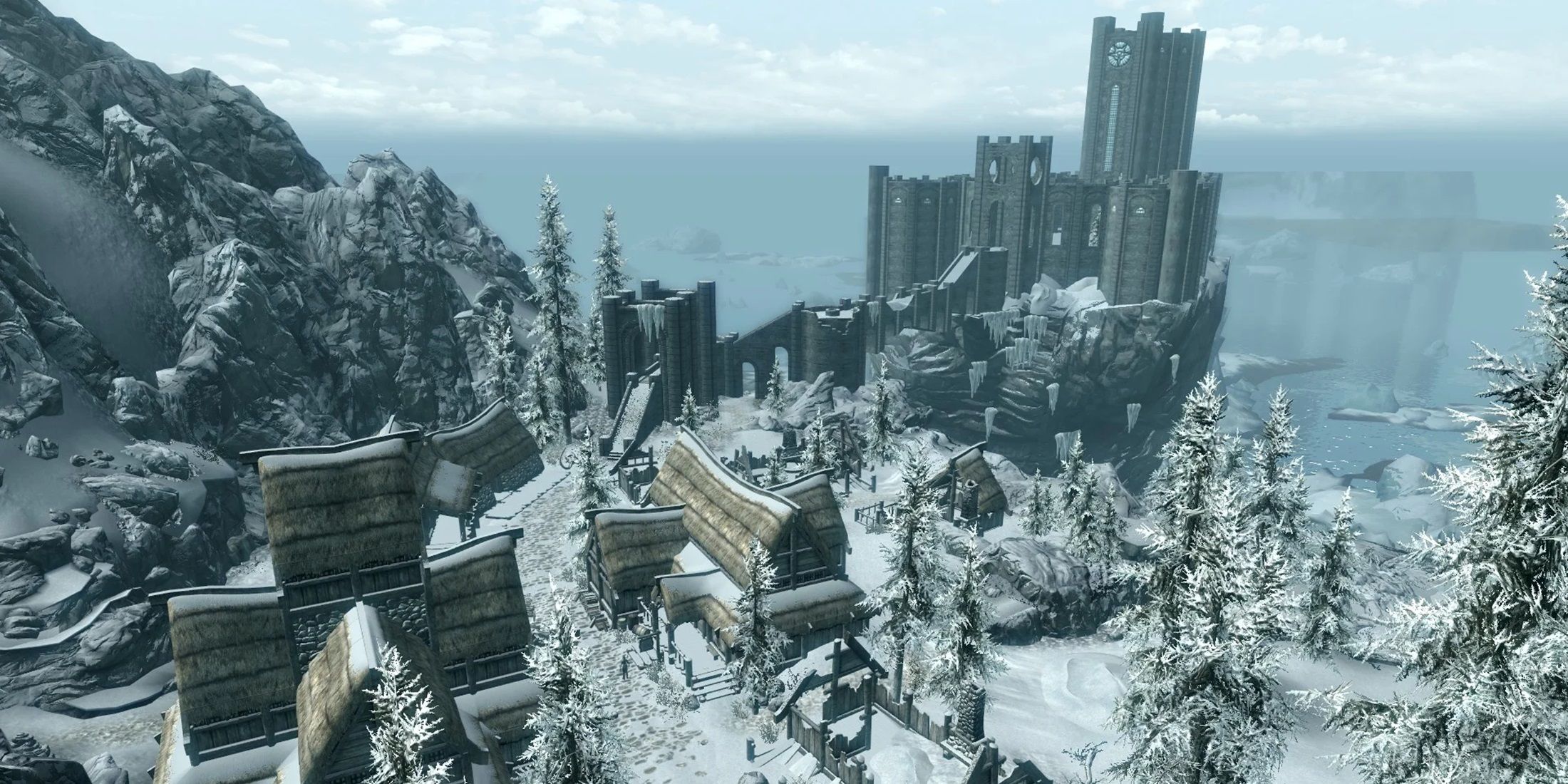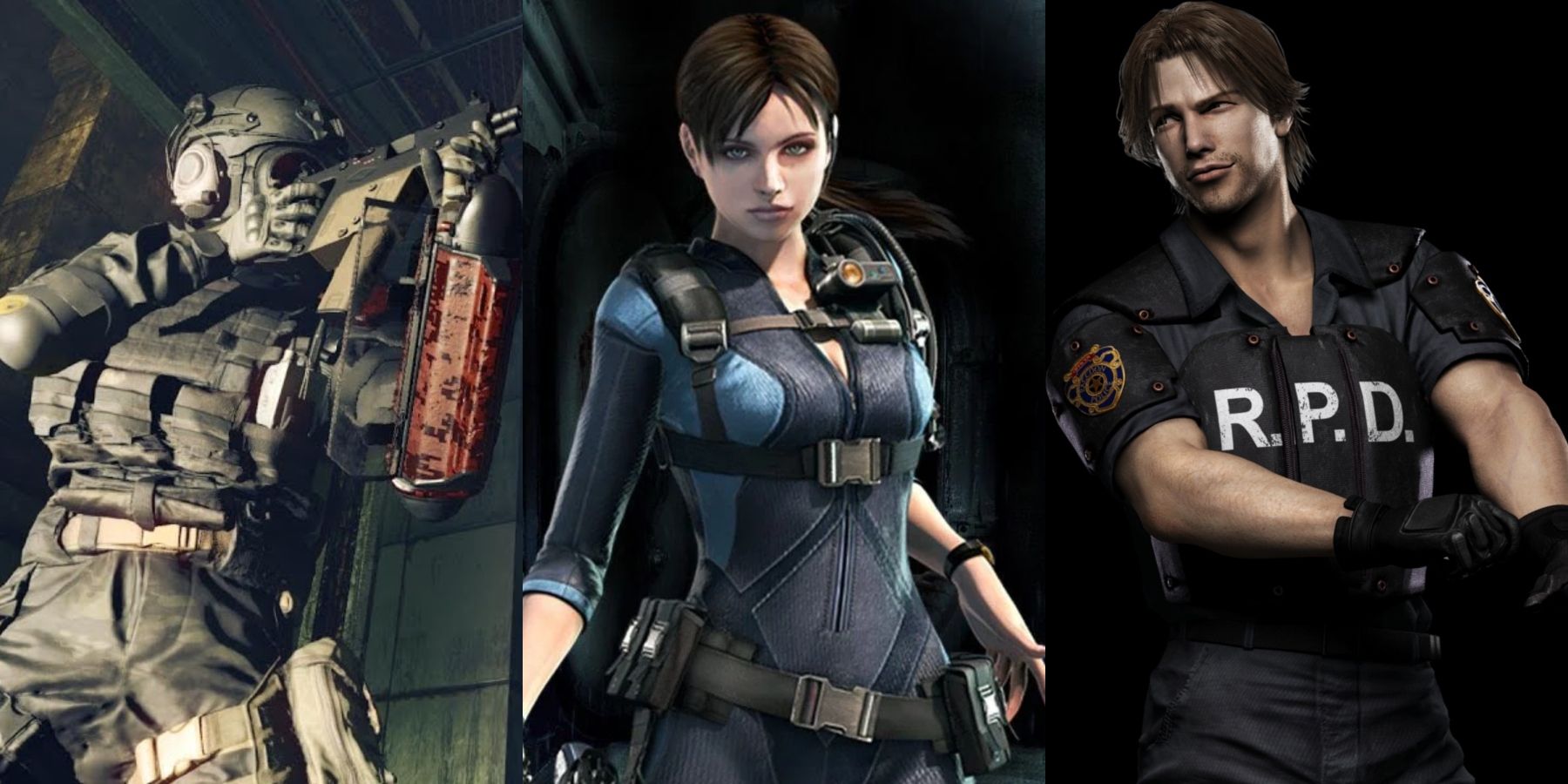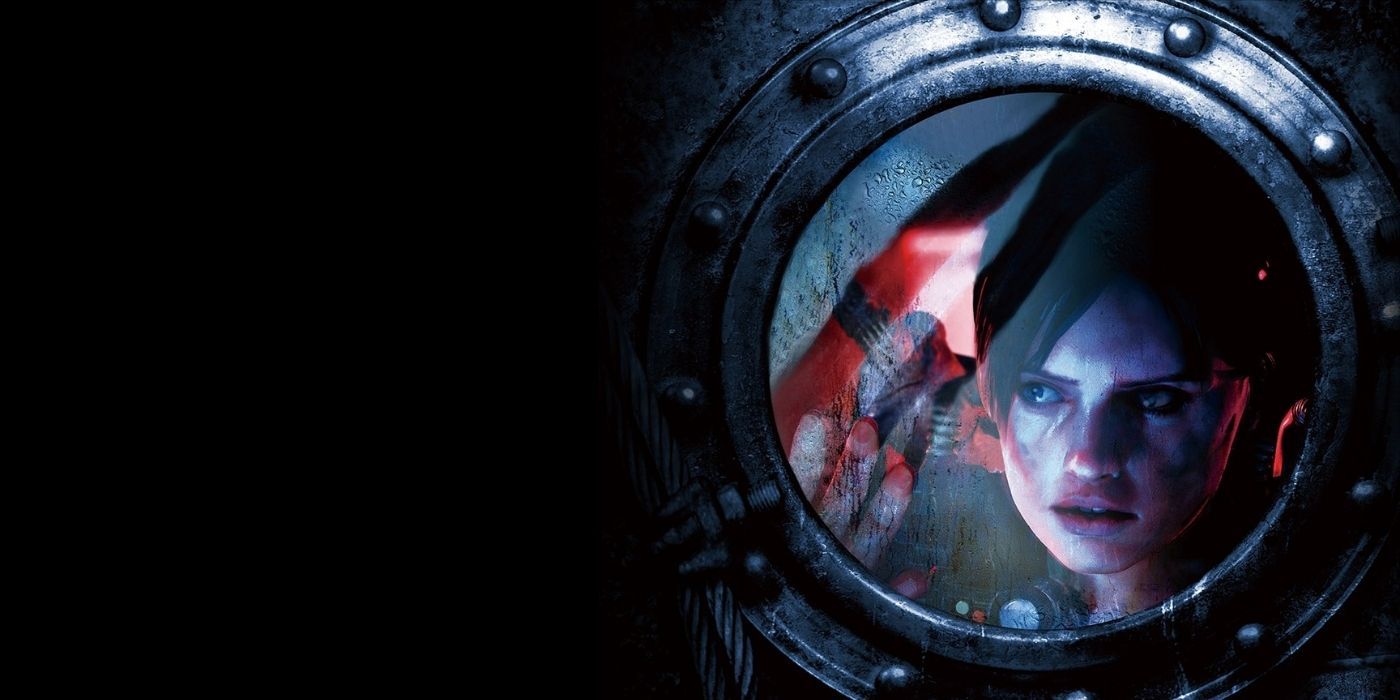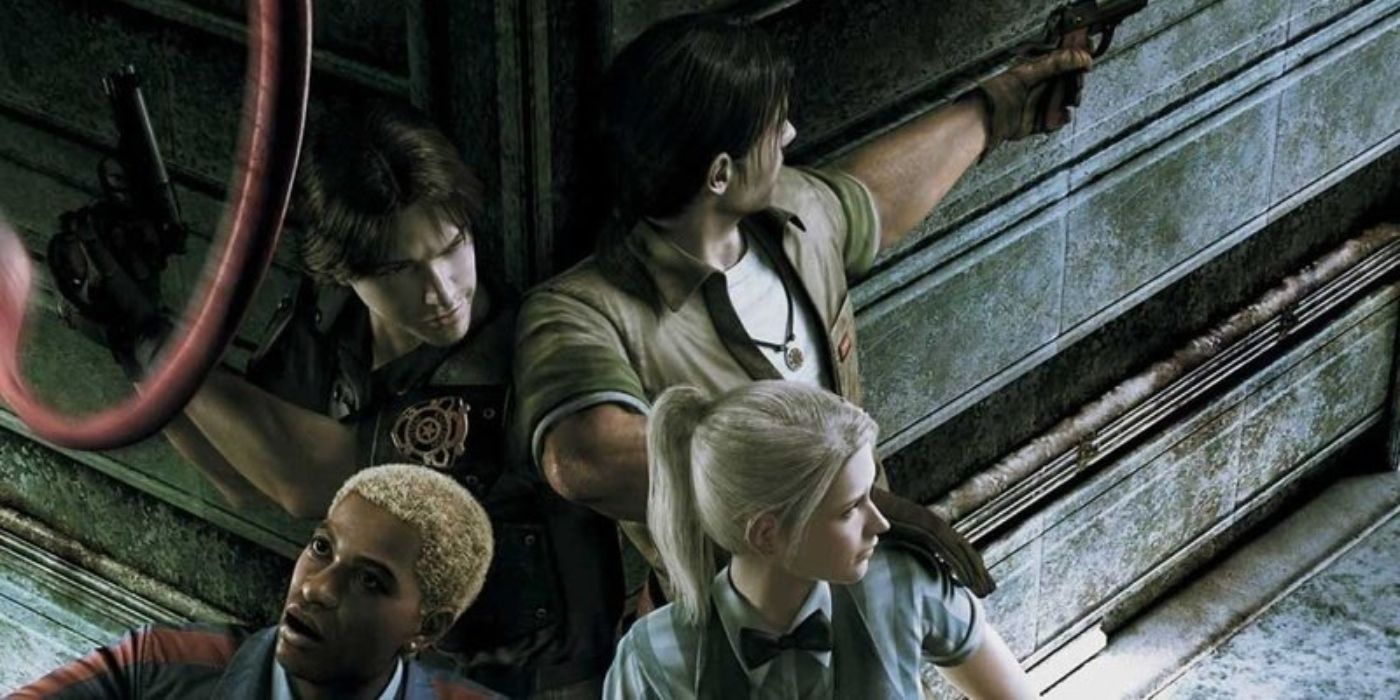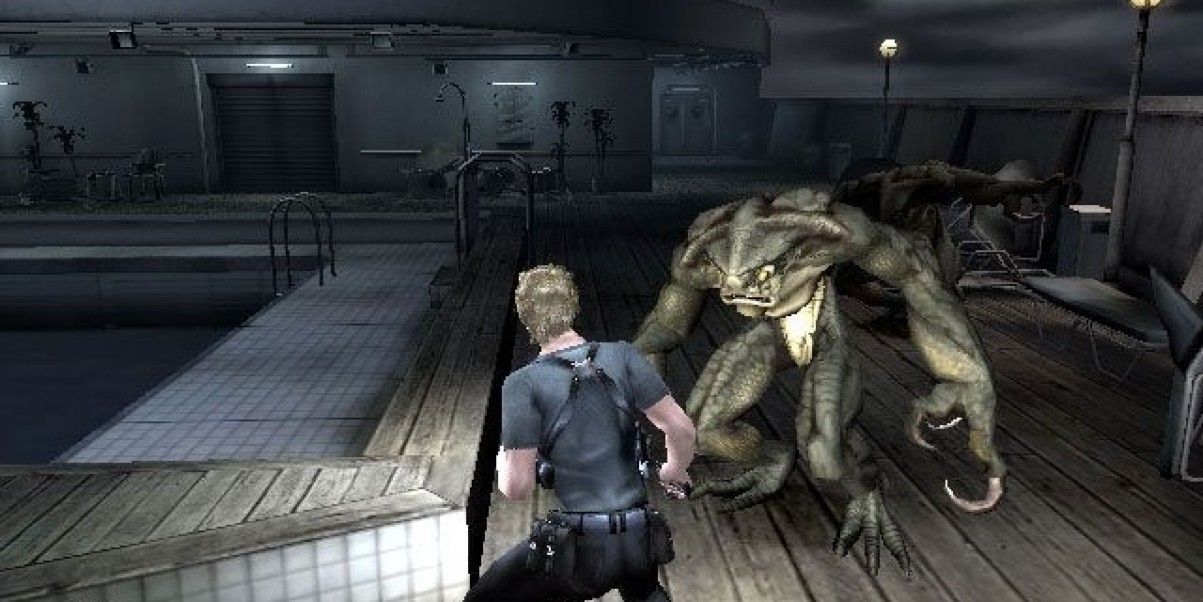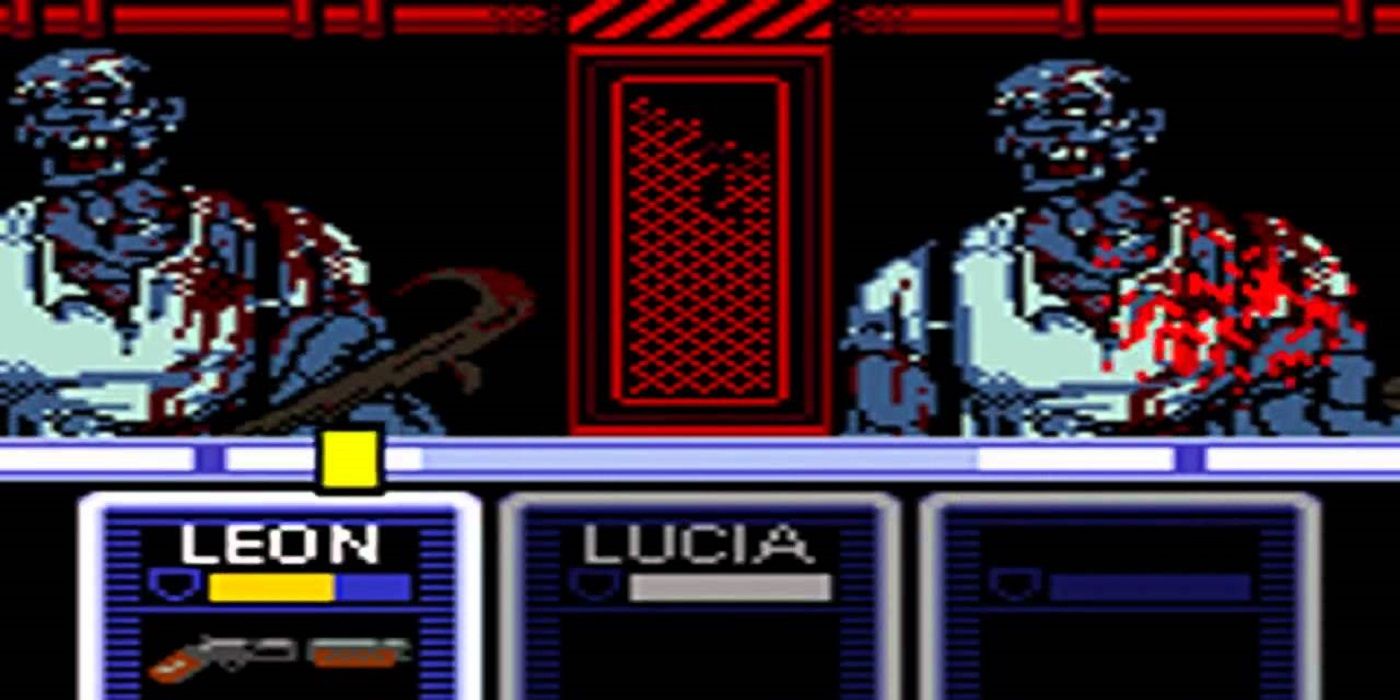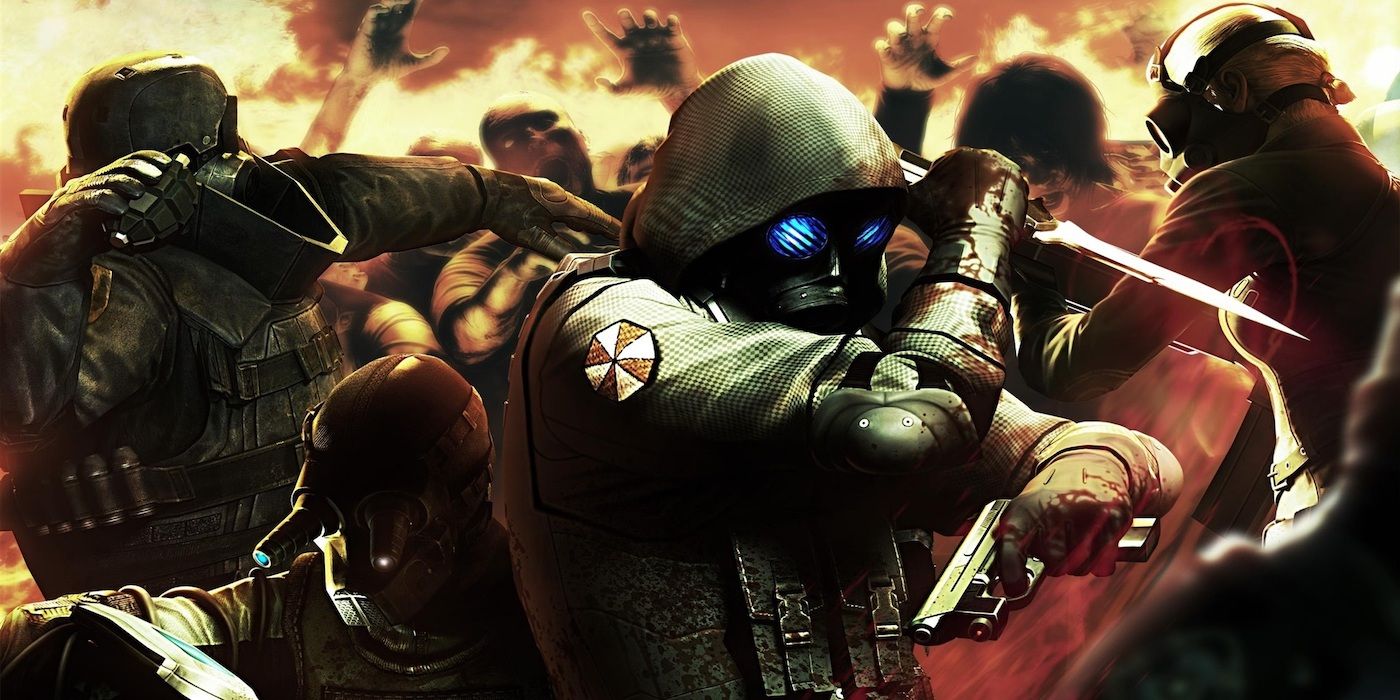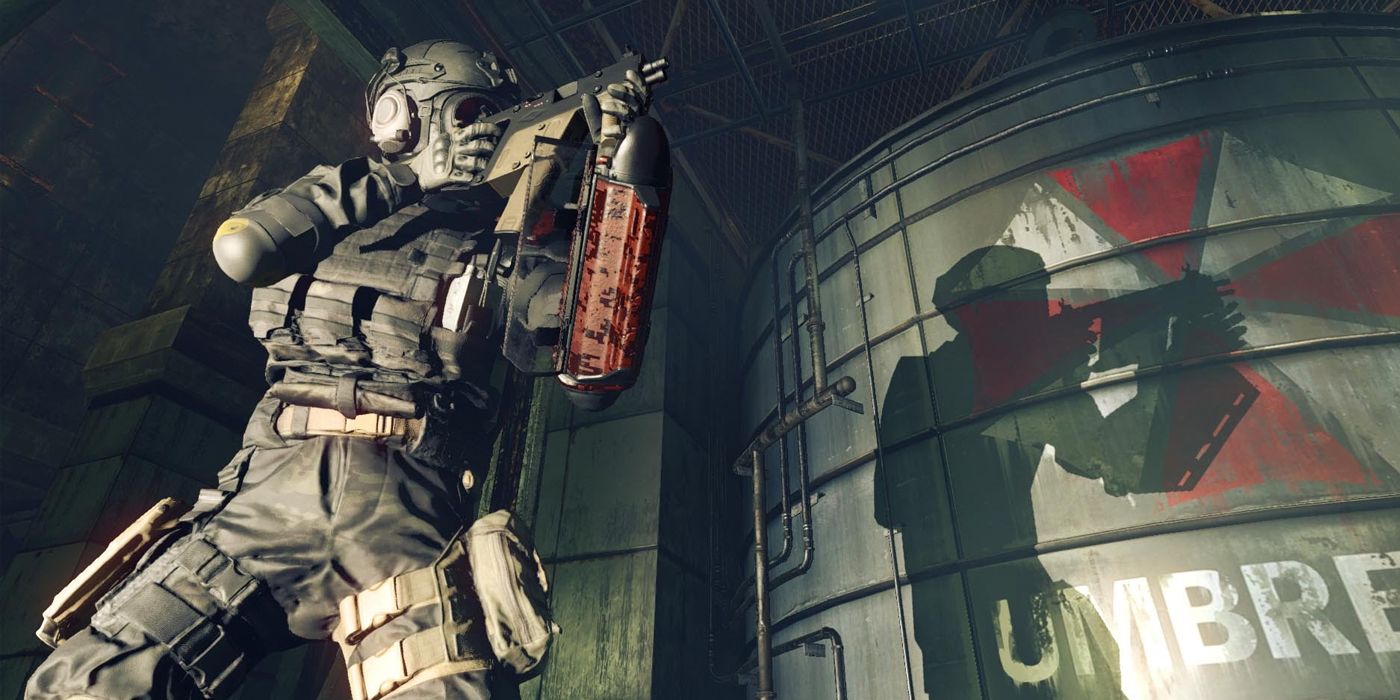Last June was a big month for Resident Evil fans, thanks to Capcom finally confirming the long-rumored remake of Resident Evil 4 and unveiling the first teaser trailer for Resident Evil Village's DLC. With those still in development and not coming out for quite some time, it's worth taking a look back on the long list of Resident Evil spin-off games.
Given that Resident Evil has existed for over two decades, it is unsurprising that Capcom has already released a long list of entries in the franchise. While most fans are focused on the mainline Resident Evil games, the franchise has since produced several spin-off titles to varying degrees of success.
S-Tier
Resident Evil Revelations 1 & 2 - One interesting thing about Resident Evil Revelations and its sequel, Resident Evil Revelations 2, is that most fans don't really consider them spin-off titles. Apart from featuring popular characters from the mainline franchise, the Revelations series also featured new storylines with events that played an essential role in the mainline games. In addition, it is worth noting that a third game in the Resident Evil Revelations subseries is rumored to be in development.
The first Resident Evil Revelations game was released in 2012 for the Nintendo 3DS and starred Jill Valentine. The game gave players the vital history of the Bioterrorism Security Assessment Alliance (B.S.A.A), covering how it was formed and how it became an essential organization in the world of Resident Evil. Three years later, a sequel was released featuring Claire Redfield. Similar to its predecessor, the game revealed important information on the organization TerraSave and the mysterious villain Alex Wesker, who was part of the same eugenics project as Albert Wesker.
Resident Evil Outbreak - Although the Resident Evil franchise is primarily played in single-player, the series is no stranger to offering players co-op and online multiplayer gameplay, and Resident Evil Outbreak was the first game to do just that. Taking place from the point of view of several civilians during the Raccoon City disaster, Resident EvilOutbreak offered fans a new way to play Resident Evil. While the game was a massive success, its online functionality was ahead of its time, given that online multiplayer modes via consoles were still rare. Nonetheless, Resident Evil Outbreak was praised for its graphics, story, and multiplayer experience.
A-Tier
Resident Evil Outbreak: File 2 - Given the success of Resident Evil Outbreak, a standalone sequel was released shortly after featuring the same eight characters, and it is also set in the zombie-infested Raccoon City. Five new scenarios were added to the game, offering players new storylines to pursue and even more locations to explore in the iconic city. Unfortunately, Resident Evil Outbreak: File 2 received mixed reactions from fans and critics. A third game in the Outbreak subseries was rumored to be in development but was believed to be scrapped due to the game's low sales performance.
Resident Evil: The Umbrella Chronicles and The Darkside Chronicles - Throughout its long history, it is no secret that Resident Evil doesn't shy away from experimenting with various play styles, and this is prevalent in the light gun shooters Resident Evil: The Umbrella Chronicles and The Darkside Chronicles.
Story-wise, both games don't offer much in terms of storytelling, given that they are basically a retelling of the mainline entries in the franchise. Resident Evil: The Umbrella Chronicles summarized the events of Resident Evil 0, 1, and 3, while The Dark Side Chronicles covered Resident Evil 2 and Code Veronica. However, both games do offer original scenarios. In Resident Evil: The Umbrella Chronicles, players witnessed Chris Redfield and Jill Valentine's encounter with Project TALOS, while The Darkside Chronicles explored Leon Kennedy and Jack Krauser's relationship, serving as a prequel to Resident Evil 4.
B-Tier
Resident Evil: Survivor - While first-person Resident Evil games are nothing new, thanks to Resident Evil 7 and Village, it was Resident Evil: Survivor that first strayed away from the traditional third-person perspective. Launching in the year 2000, Resident Evil: Survivor follows the story of an amnesiac pilot who was investigating the Umbrella Corporation. Unfortunately, although Resident Evil: Survivor offered players a new way to play a Resident Evil game, it did not live up to expectations and received mixed reviews.
Resident Evil: The Mercenaries 3D - One gameplay element that has been a staple in several Resident Evil games is the Mercenaries mode, and Resident Evil: The Mercenaries 3D is the culmination of this unique gameplay mechanic. Released in 2011 for the 3DS, Resident Evil: The Mercenaries 3D featured the mini-games in Resident Evil 4 and 5, where players must defeat as many enemies in a set time limit. While its play style isn't technically akin to traditional Resident Evil games, The Mercenaries 3D offered players a fun shooting game featuring their favorite characters and enemies from the franchise.
Resident Evil: Resistance - Several years ago, asymmetrical-multiplayer survival games became popular, and it is no surprise that Resident Evil immediately jumped on the bandwagon. Serving as the online component of Resident Evil 3 Remake, Resident Evil: Resistance divides players into four survivors and one mastermind. The main task of survivors is to survive each level, which is made difficult by the mastermind who must create traps, dispatch enemies, and fill each level with all sorts of hazards. Unfortunately, while Resident Evil: Resistance piqued some players' interest, the overall reception was mixed due to the repetitive gameplay.
C-Tier
Resident Evil Dead Aim - In 2003, Capcom released another entry in the Resident Evil Gun Survivor subseries called Resident Evil: Dead Aim. Similar to its predecessors, Dead Aim features light-gun shooter gameplay matched up with a combination of first and third-person perspectives. In addition, the game features the new character, Bruce McGivern, who was a member of a U.S. government task force dedicated to taking down the Umbrella Corporation. Unfortunately, just like most characters from Resident Evil spin-off games, Bruce wasn't received well by players and has since disappeared from the franchise.
Resident Evil Gaiden - Similar to Resident Evil Revelations 1 and 2, Resident Evil: Gaiden, released for the Game Boy Color, also featured characters from the main franchise. Taking place on a passenger ship that has succumbed to a viral outbreak, Leon Kennedy and Barry Burton join forces as they attempt to contain another incident from happening. While fans would have no objection to seeing Leon and Barry together in a game, the story of Resident Evil: Gaiden is considered non-canon, given that its plot contradicted the story of the main franchise.
D-Tier
Resident Evil Survivor: Code Veronica - Despite the mixed reviews received by Resident Evil Survivor, the game did receive a sequel in the form of Resident Evil Survivor: Code Veronica. It is worth noting that the sequel's story doesn't have any ties to its predecessor and is merely a summarized retelling of Resident Evil: Code Veronica, but in a light-gun shooter style. Unfortunately, Resident Evil Survivor: Code Veronica wasn't received as well since the story made it appear that the whole thing was just Claire Redfield's nightmare. Its limited release in only a handful of countries and its extremely short playtime averaging 1-2 hours did not help matters.
Resident Evil Operation Raccoon City - After the successful release of Resident Evil Revelations in 2012, Capcom also launched Resident Evil: Operation Raccoon City. However, unlike Revelations, which brought the franchise back to its survival horror roots, Operation Raccoon City did the opposite. It reinforced the action-heavy gameplay that displeased core fans of the franchise. However, despite its action-shooter gameplay, Operation Raccoon City did something interesting by offering fans a different perspective during the Raccoon City incident. Still, the game allowed players to alter the events of Resident Evil 2 and 3, which did not sit well with fans and made its story non-canon.
Not a Resident Evil Game
Umbrella Corps - Despite the mixed reception of Resident Evil: Operation Raccoon City, Capcom decided that it was not through with action-heavy shooters, and thus, Umbrella Corps was released in 2016. Interestingly enough, it seems that Capcom was anticipating the negative reception Resident Evil fans would eventually hurl at Umbrella Corps, given that the studio didn't even put the Resident Evil name in its title. Unsurprisingly, fans of the franchise rejected it as a true Resident Evil game, which was reflected in Umbrella Corps' negative review scores.

